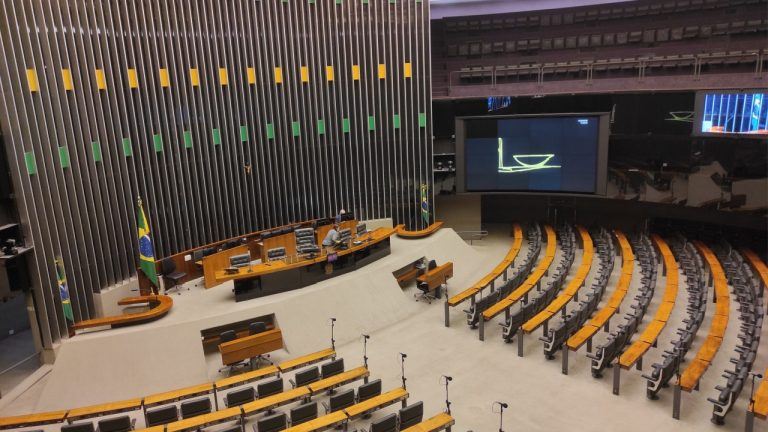
Brazil is currently considering new regulations on the mining and trading of cryptocurrencies, particularly Bitcoin. The proposed bill, introduced by a deputy from President Lula's political party, aims to impose strict limitations on these activities in the country. If passed, only licensed entities would be permitted to mine Bitcoin in Brazil. Additionally, cryptocurrency trading would be restricted to licensed traders who comply with specific regulations outlined in the bill.
The draft legislation also includes provisions for implementing a daily tax on Bitcoin mining and trading activities. This tax would likely serve as a means for the government to regulate and monitor the cryptocurrency market within the country. By imposing such regulations and taxes, the Brazilian government could potentially increase its oversight of the cryptocurrency sector and generate revenue from these activities.
The introduction of this bill reflects a growing trend of governments worldwide seeking to establish clearer frameworks for the regulation of cryptocurrencies. As digital assets like Bitcoin continue to gain popularity and adoption, many countries are grappling with how best to manage and oversee these new forms of financial transactions. Brazil's move to propose restrictions on Bitcoin mining and trading demonstrates the government's intent to address these challenges and assert control over the cryptocurrency industry within its borders.
The potential impact of this bill on the cryptocurrency community in Brazil remains uncertain. While some may view the proposed regulations as a positive step towards greater oversight and consumer protection, others in the industry may raise concerns about stifling innovation and limiting access to the global cryptocurrency market. It is likely that stakeholders from various sectors will closely monitor the progress of this legislation and provide feedback on its potential implications.
If implemented, the licensing requirements for Bitcoin mining and trading in Brazil could significantly alter the landscape of the cryptocurrency industry in the country. Licensed entities would need to adhere to specific guidelines and standards set forth by the government, potentially leading to a more regulated and structured market environment. This could have ripple effects on the broader cryptocurrency ecosystem in Brazil, influencing investor sentiment, market dynamics, and innovation within the sector.
Overall, the proposed bill to establish restrictions on Bitcoin mining and cryptocurrency trading in Brazil signals the government's proactive approach to addressing the challenges posed by digital assets. As the regulatory landscape continues to evolve, stakeholders in the cryptocurrency space will need to adapt to changing requirements and navigate the shifting regulatory environment to ensure compliance and sustainable growth in this dynamic industry.

Leave a Reply